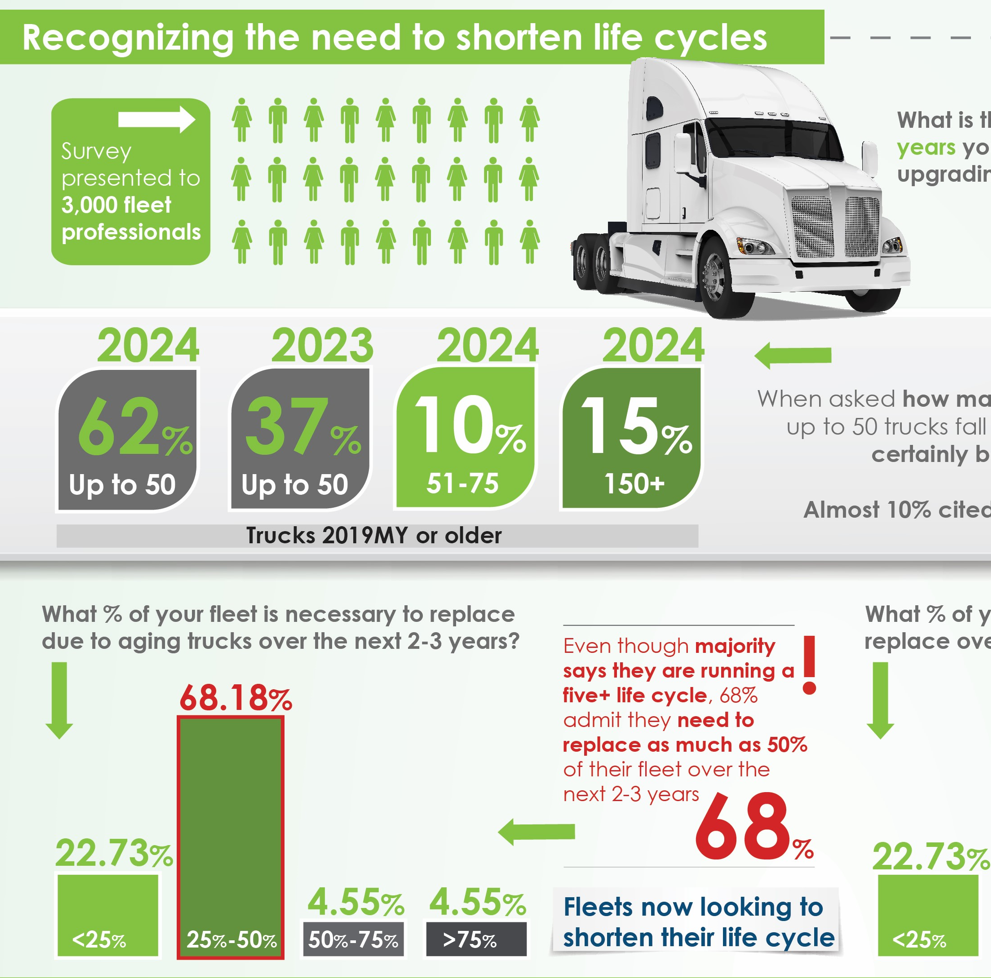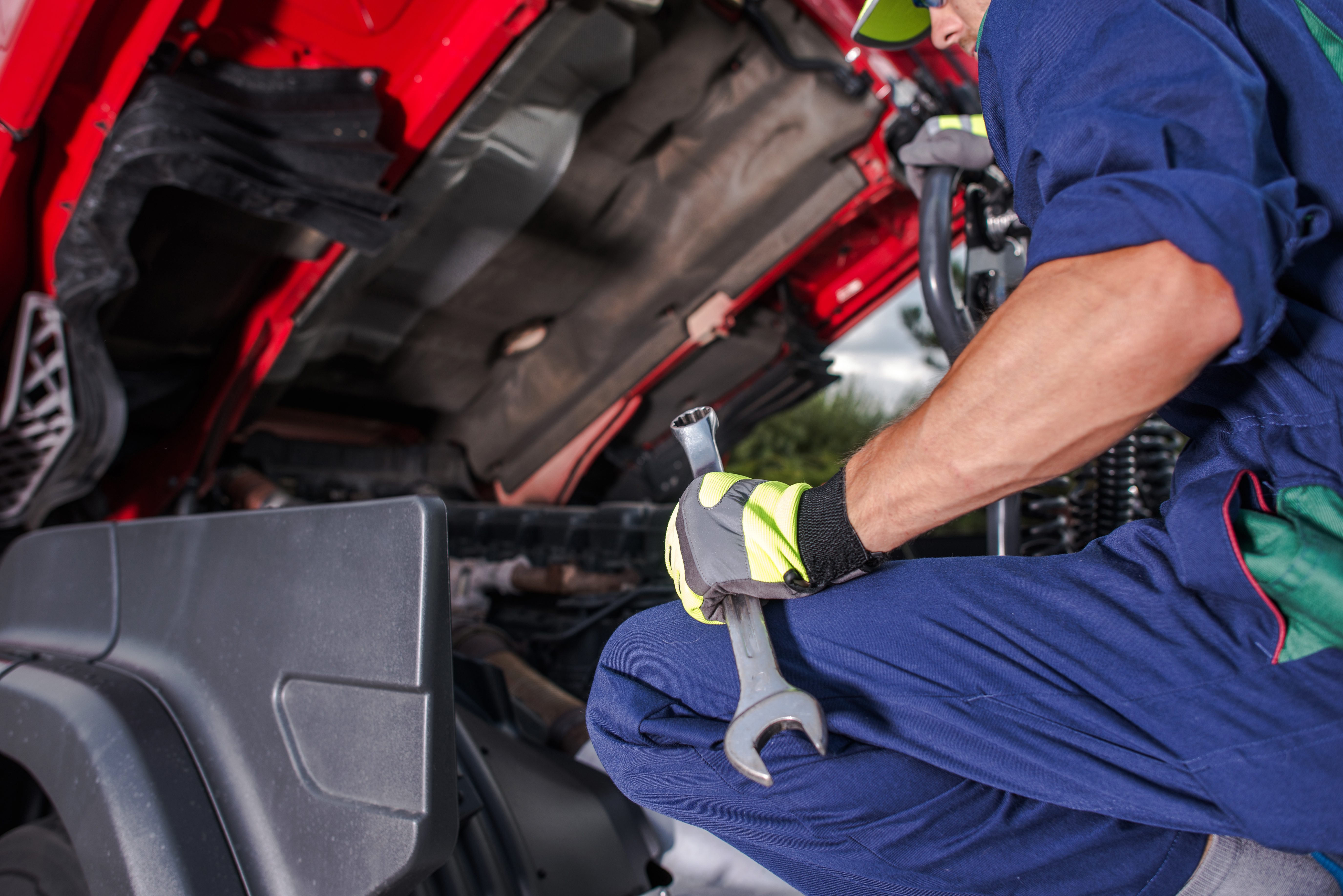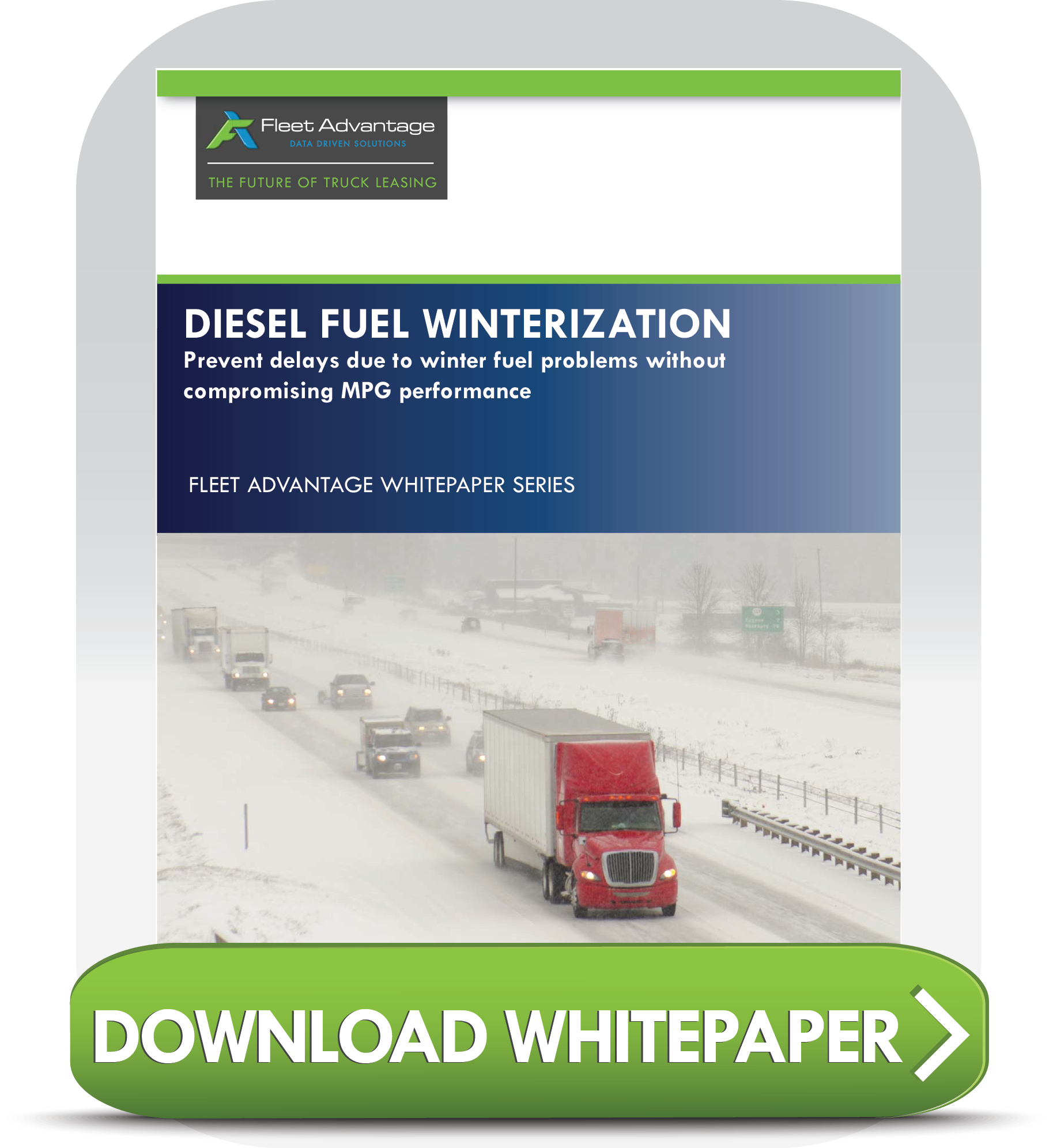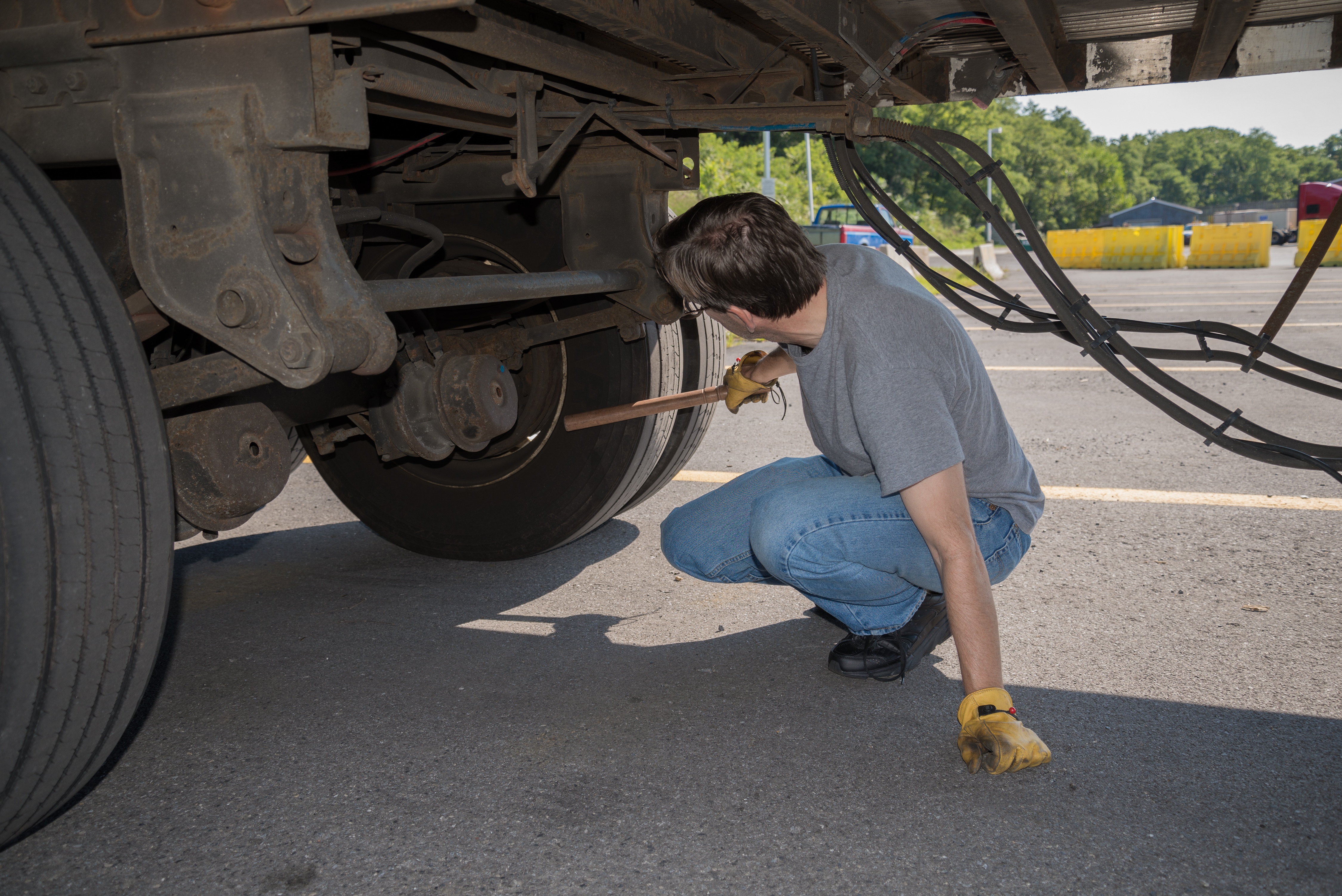For a minute there, it felt like the “pre-buy” conversation had gone quiet. Regulations were shifting; there were speculations about what the EPA was going to do next, and many in the industry thought the urgency to secure build slots faded. But behind the scenes, companies were still watching and waiting for a final answer.
Now it’s official, the EPA is holding firm on their 2027 NOx Rule. The EPA will move forward with their 2027 timeline, and the 2027 NOx standard is staying at 35 mg. The EPA's adjustment proposal won't be released until spring of 2026 so fleets will have less time to secure 2026 build slots once 2027 pricing is released by OEMs, which re-introduces the risk of going back to a strict allocation environment. This has made the industry snap right back into planning mode.
Companies are already moving up their orders earlier than expected, because calendar years 2025 and 2026 are officially the last comfortable landing zones before everything changes. However, Q3 and Q4 of 2026 are already selling out.















